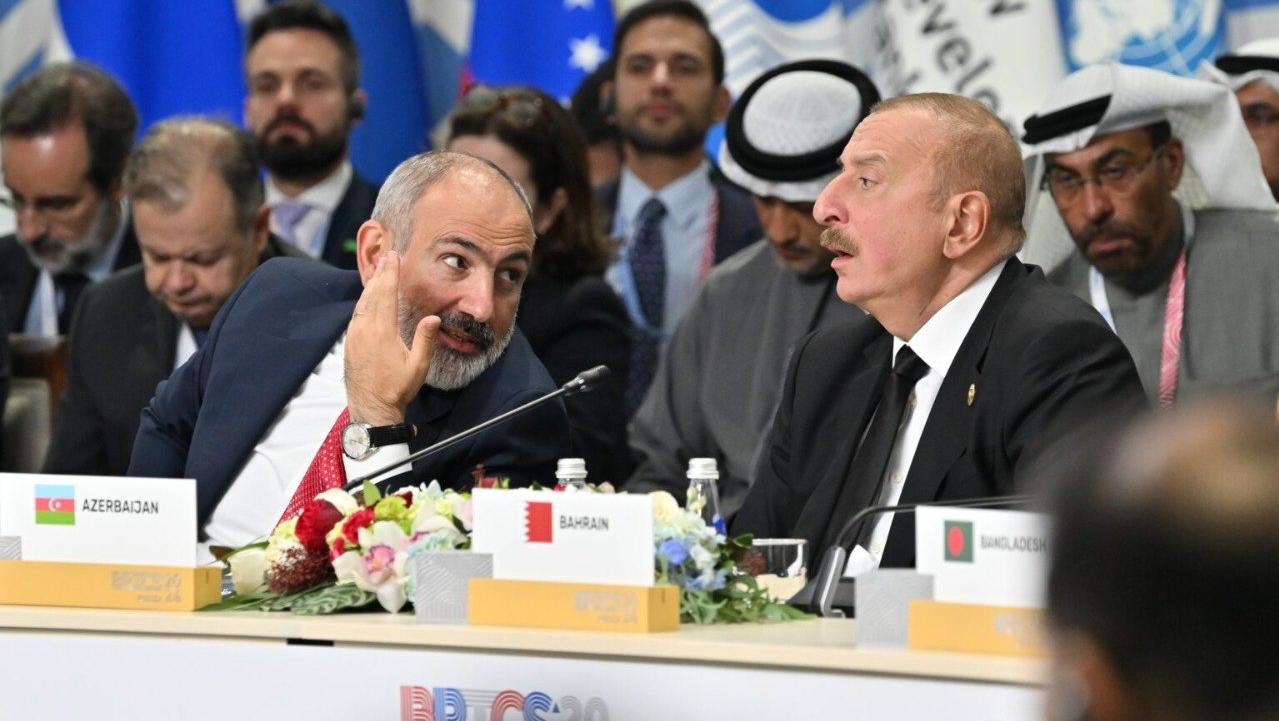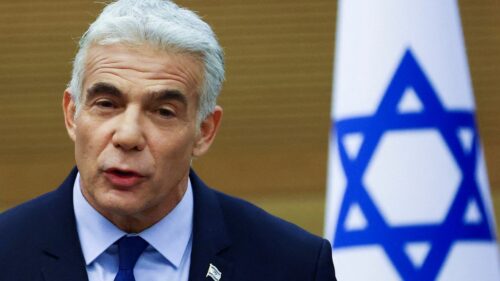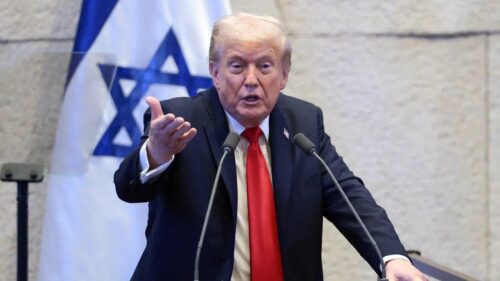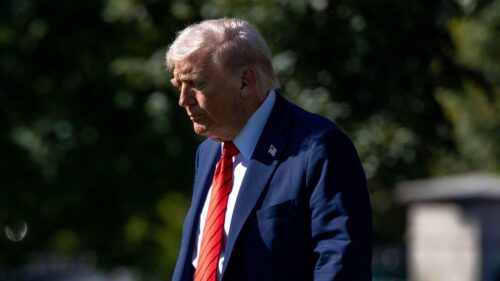
The Eastern Europe: The uncertainty surrounding the peace treaty between Armenia and Azerbaijan even calls into question its geopolitical implications
After 35 years of conflict, Armenia and Azerbaijan have drafted a peace treaty, finalizing the end of the Nagorno-Karabakh conflict. However, a few days after the public announcement, Azerbaijan accused Armenia of preparing for war, naming ceasefire violations as the issue. Since the European Union’s local monitors have not confirmed the incident, it creates the impression that Azerbaijan is spreading disinformation, searching for a reason to justify all means of rejecting the peace process, The Eastern Europe writes.
There is still a long way to go before the agreement is signed, but the outcomes of the process remain uncertain. Firstly, there is no third party outside the traditional regional players guaranteeing the fulfilment of the parties’ responsibilities. Secondly, it remains unclear whether the treaty will bring lasting peace and stability to the region or simply further encourage the presence of realpolitik.
However, in September 2023, Azerbaijan took full control of Nagorno-Karabakh in a 24-hour offensive. Unfortunately, in comparison to the war in Ukraine, democratic world leaders were substantially inactive. There were hundreds of casualties and more than one hundred thousand Armenians fled the area over one week. Subsequently, the public reaction to the recent treaty remains divided in Armenia, especially considering the unenviable conditions of the document. Dissatisfied Armenians blame President Pashinyan for betraying the country’s national interests, viewing the agreement as not peaceful and equal to a capitulation that will only further encourage Baku to demand more.
It is also seen as a grand plan of the Kremlin, which never met its responsibilities within the CSTO while Armenia was under attack.
“In reality, the fear of further escalation is not delusional, as Ilham Aliyev’s view of future regional policy developments is compatible with the global geopolitical realignment, where power and nationalism, rather than morality, drive change these days,” the website writes. Armenia is in an odd, asymmetric environment, preparing to sign a treaty with a better positioned neighbour, not relying on international law either theoretically or in practice.
As for the terms of the treaty, what is known so far is that with the request of Baku, Yerevan shall recognize Azerbaijan’s sovereignty over Nagorno-Karabakh on a constitutional level, which requires a national referendum to amend the constitution or the adoption of an entirely new document. Regardless of how the Pashinyan government will present this as progress toward peace or a positive outcome, this might result in a serious backlash within the country before the parliamentary elections in 2026.
The draft of the peace treaty also refers to abolishing the “obsolete” Minsk Group, prohibiting the EU’s Monitoring Mission (EUMA) along the shared border, and withdrawing legal claims from international courts. These demands fully isolate Armenia in dealings with Baku and put Yerevan in a more difficult situation to secure its interests. But worse is yet to come, as the removal of EUMA will be a great setback on the way to Brussels, which has already approved the extension of the Armenian monitoring mission until 2027.
Notably, the draft does not address the issue of the “Zangezur corridor” despite its necessity for transit between Azerbaijan and its territory of Nakhchivan. It obviously leaves room for future developments. Given this, Baku will likely apply additional pressure to advance its connectivity and supply chain ambitions and leverage economic incentives, particularly as China and other external actors expand their influence in the South Caucasus concerning the Middle Corridor in terms of the Belt and Road Initiative (BRI). Turkey’s role is also substantial in this regard, as Ankara realizes the potential it might gain as the outcome of opening borders with Armenia. Bearing in mind that since the war in Ukraine, Russia’s ability to act as a tangible force in the Armenia-Azerbaijan conflict has been increasingly questioned, leading to a power vacuum allowing Turkey to play a larger role.
Watching Armenia seek alternative economic sources should not have come as a surprise to the West, given Yerevan’s precarious position. However, logic dictates that Washington and Brussels should have been alarmed while observing the reshaping of strategic calculations between Armenia, Azerbaijan and Turkey.
It is a challenging time for the US and Europe, and their response to the peace treaty also indicates this. While the Trump administration’s policy toward the South Caucasus remains still undefined, the US State Department hailed the treaty as a historic moment, calling it an opportunity for Armenia and Azerbaijan to turn the page on decades of conflict – echoing President Trump’s vision for a more peaceful world. The statement emphasizes the urgency of signing and ratifying the treaty to usher in a new era of regional prosperity. Meanwhile, US National Security Advisor Michael Waltz has called for the swift completion of the Armenia-Azerbaijan normalization deal and the release of Armenian prisoners held in Baku. The visit to Baku by Steven Witkoff, Trump’s envoy, immediately after negotiations in Moscow was also notable, but did not expose the talks’ outcomes.
The remaining responses from the international community also reflect the priorities of their busy agendas, offering praise for the peace treaty without delving into details or questioning future aspects. “Ironically, Russia also advocated for the normalization of Armenian-Azerbaijani relations, emphasizing that Armenia could always rely on Russia’s support,” reads the article.
As noted, while the global world order is transforming significantly, the Armenia-Azerbaijani peace deal is not an abstract case; it does not remain solely a regional security challenge.
Azerbaijan found the most opportune moment to consolidate its power with Turkey’s backing against their weaker neighbour, and if the boundaries are not drawn now by external players having leverage on Baku and Ankara, the outcomes might be devastating not only for Armenia but for the transatlantic partners as well. The South Caucasus is not only a geographical crossroad but a political one as well for everyone interested in connectivity, supply chains, and trade from the Caspian to the Black Sea basin.
Despite some severe statements, maintaining distance from the conflict has always been the strategy for Europe and the United States, first considering Russia’s predatory policy in this neighborhood and, secondly, politico-economic relations with Turkey and Azerbaijan.


